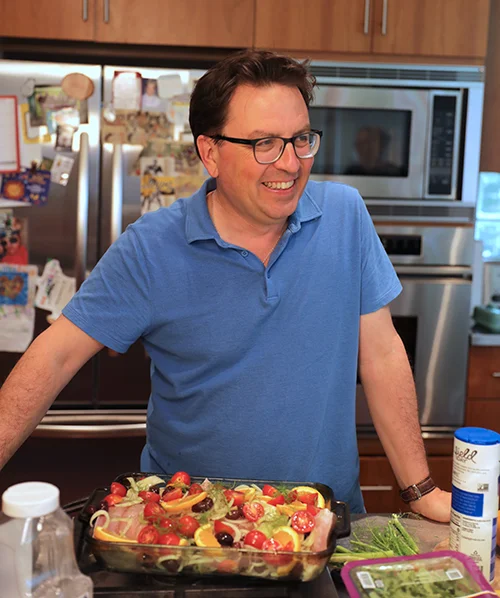About
I first fell in love with philosophy when as a teenager I chanced on Thomas Aquinas’s five proofs of God. Though I read the proofs with more bafflement than understanding, the experience somehow revealed to me that whatever this guy was doing was how I wanted to spend the rest of my life. So, I went on to study philosophy and then became a teacher and an essayist.
Though I have great respect for scholars, I’ve sought out philosophy beyond the normal venues of academia. My first book The Deepest Human Life was inspired by teaching working-class students at a community college. My second book Seven Ways of Looking at Pointless Suffering grew out of teaching the humanities in prison. Rome as a Guide to the Good Life is intended to be a new thing altogether: a philosophical travel guide.
I have a joint position at Iowa State University in Philosophy & Religious Studies and also Extension & Outreach. I also work with the Catherine Project, where experienced teachers engage great books with a small group of readers for free. For my work in bringing philosophy to the public, I won the 2015 Hiett Prize in the Humanities.
Amidst all my philosophy, I’m also the proud father of a daughter (a budding psychologist) and a son (a composer and musician whose original tunes can be found on Soundcloud and Spotify). I’m married to a Renaissance art historian (we met in Rome). I’ve worked as a movie critic, a host of a Sunday-morning talk show about ethics, and a sous chef at a French restaurant. I’ve long been a committed cook. As a teacher and writer, it’s good to get my head out of the clouds and my hands on a knife.
In fact, I’m working on a book that’s an exploration of food and its centrality to life, a kind of philosophical cookbook called The Angels of Bread. Back in Thomas Aquinas’s day, philosophy was described as “the bread of angels.” My thought is that medieval folks had to climb from their bread all the way up to God but now maybe we contemporary folks have to descend from our virtual worlds back down to our bread—and look for our angels there.
